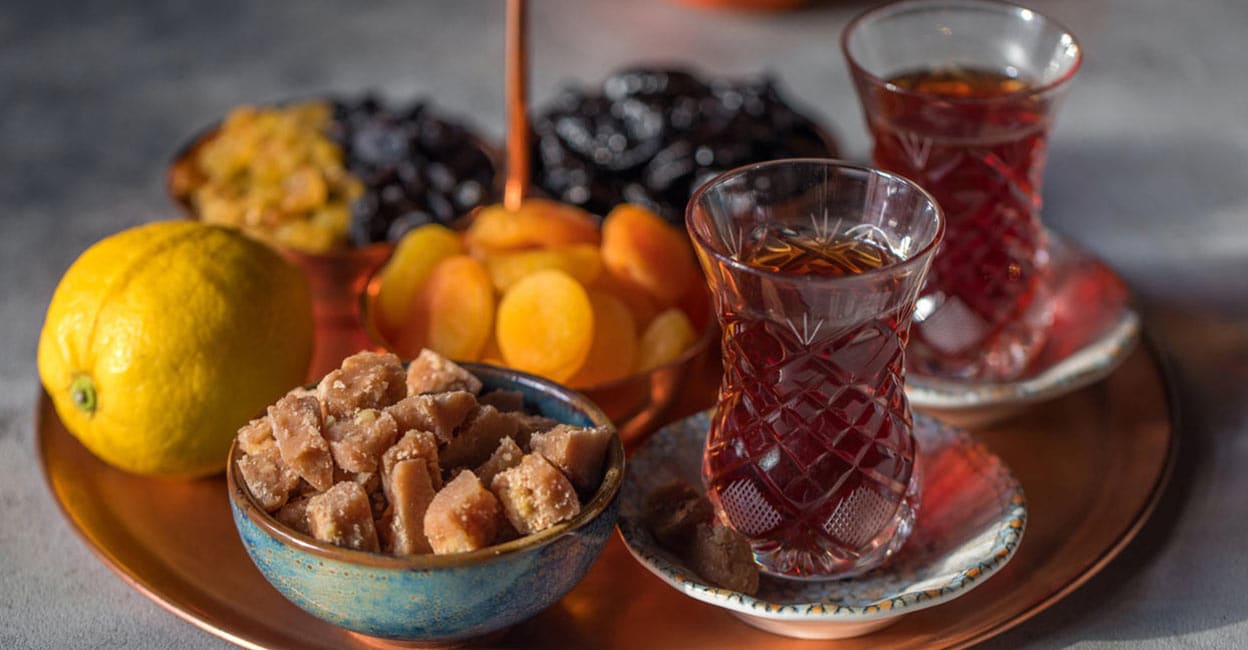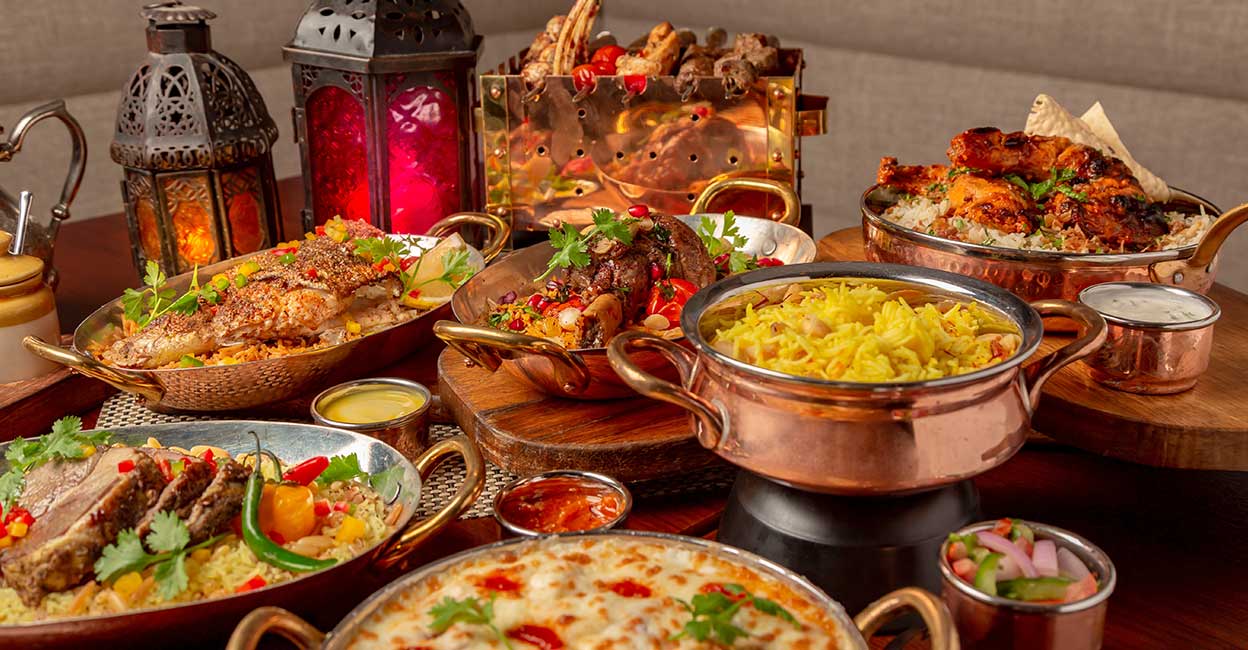Suhoor, Iftar and Ghabga: Ramadan meal times explained

Mail This Article
As the holy month of Ramadan approaches, understanding the rich tapestry of traditions and rituals within the Muslim community becomes paramount. Among these are the various terminologies associated with fasting and meals, each carrying its own significance and importance. From the predawn Suhoor to the communal gatherings of Iftar and the late-night feasts of Ghabga, these terms encapsulate the essence of Ramadan observance.
Here are some key Ramadan terminologies related to fasting and meals:
Ramadan: The ninth month of the Islamic lunar calendar, during which Muslims fast from dawn until sunset.
Sawm: The Arabic term for fasting, which involves abstaining from food, drink, smoking, and other physical needs from dawn (Fajr) until sunset (Maghrib) during Ramadan.
Suhoor: Suhoor is the pre-dawn meal eaten before the Fajr (dawn) prayer, which starts the fasting period for the day during Ramadan.

Suhoor is consumed before the break of dawn and typically consists of foods that provide sustained energy throughout the fasting day. It is essential for Muslims to consume Suhoor to sustain them during the daylight fasting hours.
Iftar: Iftar refers to the evening meal that breaks the fast at sunset. It is the meal Muslims consume after Maghrib (sunset) prayer, marking the end of the fasting period for the day during Ramadan.

Iftar is typically a significant and joyous occasion where family and friends gather to break their fast together. It often begins with eating dates and drinking water or juice, followed by a larger meal that includes a variety of dishes.
Ghabga: Ghabga is a term used in some Arab countries, particularly in Bahrain, Kuwait, and parts of Saudi Arabia, to refer to a late-night meal during Ramadan.

Unlike iftar, which occurs at sunset, ghabga takes place later in the evening or even closer to midnight, after Taraweeh prayers and usually before Suhoor (pre-dawn meal). Ghabga is often a social and communal event where families and friends gather to share a meal and spend time together during the night hours of Ramadan. It may include a variety of traditional dishes and special Ramadan treats.
Eid al-Fitr: The festival of breaking the fast, celebrated at the end of Ramadan. It is a joyous occasion marked by special prayers, feasting, giving of gifts, and spending time with family and friends.
Each meal holds its own significance in the Ramadan observance and contributes to the spiritual and communal aspects of the month.

